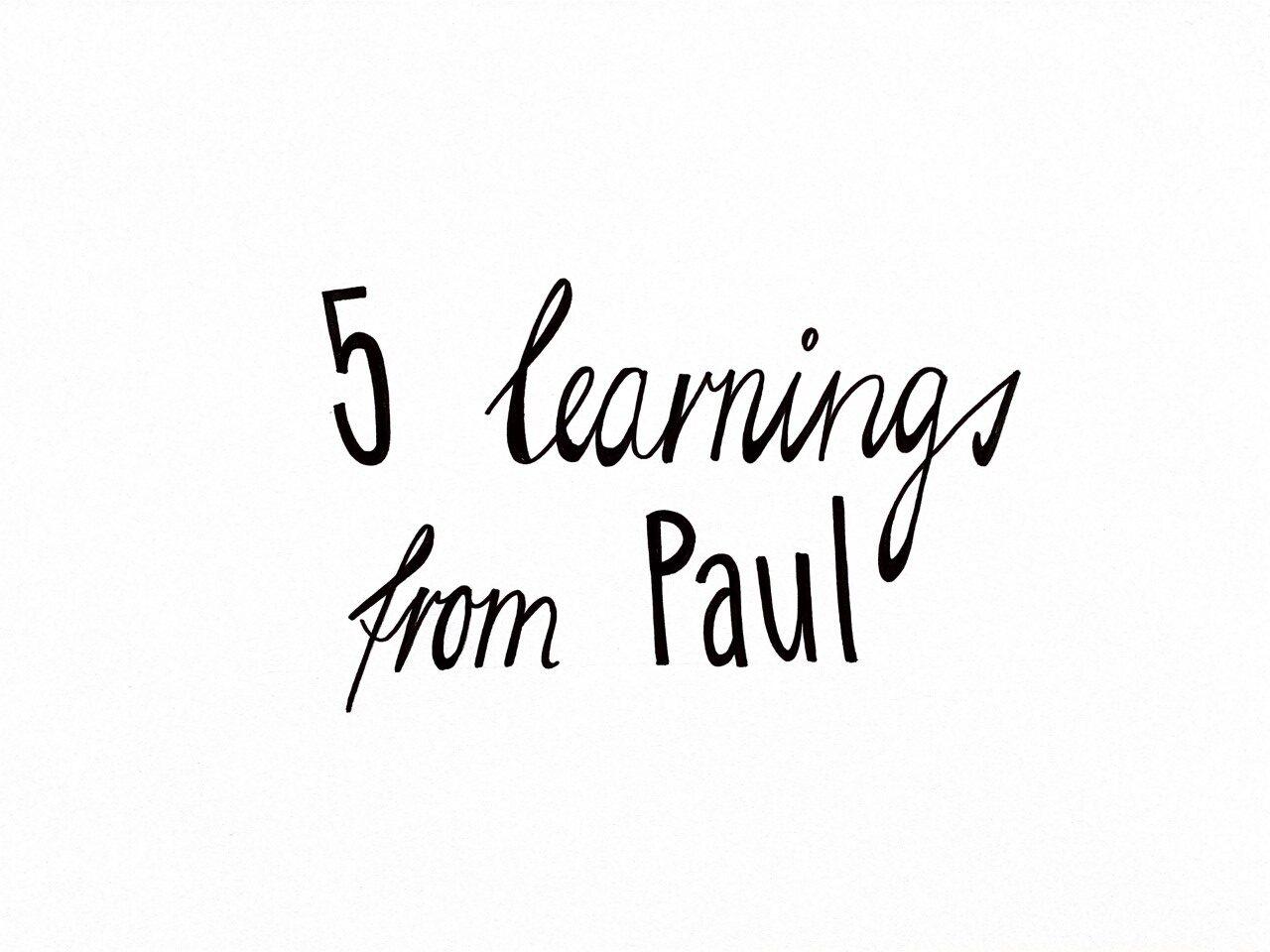Paul Boot: My 5 biggest learnings as a Business Consultant
Paul Boot is an experienced business consultant and BlackBelt with a focus on continuous improvement projects. Paul has worked in various industries, disciplines, countries and hierarchies. And he has particular experience in financial services, supply chain management and international teams. He empowers clients to achieve sustainable results by working with teams and providing hands-on training tailored to customer needs. His passion is involving, motivating and training employees in the different phases of change, to ensure a sustainable transformation.
Paul has taken the time to write down his 5 biggest learnings as a business consultant:
In summary, my key learnings are not brilliant insights that no one ever thought of. Rather, I experienced that many organisations and departments struggle with variations of the same theme, despite changes in e.g. technology and business priorities.
- Transformation and improvement are much more dependent on client implementation than on good consultant ideas. Focusing on fixing the basics step-by-step with the client tends to deliver less dreams and aspirations, but more real change. Of course, fixing the basics can be inspired by lofty goals, but dreaming should take a lot less time than the implementation itself.
- Senior management often seems blissfully unaware just how much work their shop floor / back office employees are doing that can easily be automated, even with Excel or (gasp…) PowerBI. This does not require any IT investment, just a 200 USD online-training and some time and motivation from the employees. I’m estimating at least 15-20% of all work can be automated away with a 2-day workshop per process in most (DACH) Small and Medium sized enterprises. Message to execs: have your middle management do an IT course (e.g. Leila Gharani, she shares a lot of free content on youtube too) to understand what you can automate away, and have them go to your shop floor to see which work you can eliminate. It’s the lowest-hanging fruit you can imagine – no consultants needed if you have PC-savvy millennial on board.
- Specifically for procurement, a department I did many projects in, there is potential everywhere, for 3 reasons. First, a significant part of money is spent with suppliers, so even a small % saving results in large absolute cost savings. Second, and shamefully so, the procurement department is typically severely under-educated, under-trained, and under-equipped (IT, process excellence) compared to e.g. sales. Third, procurement can bring much more value to the organisation than just cost-cutting, including supply chain risk management and resilience, ESG compliance/opportunities, and innovation with suppliers who know your competitors better than you ever will. Again, a no-brainer, and we have known this since at least the 1980s when Kraljic wrote his eponymous article, but senior management’s understanding of procurement potential seems to be running about 40 years behind, if you look at where investments go to.
- Continuous improvement, especially in mid-sized companies, is something that requires investment (e.g. in process automation and training) to kick-start, but is the only reliable way I can think of making sure your departments productivity increases steadily, driven by employees bottom-up rather than requiring (time-intensive) projects and programmes. CI, if done well, typically pays for itself many times over in terms of reducing errors, increasing speed, and freeing up employee time to work on higher-value-added tasks.
- Clients at times underestimate how many good consultants work for smaller consultancies or as an independent. They can work for much less than the larger consultancies charge. Yes, you may miss out on the absolute experts and access to a large network inside the consulting firm, but they are much more affordable, meaning you can afford to keep them oncboard longer and ensure implementation of the programmes.
Many thanks to Paul for sharing his insights and learnings – it’s impressive to read how a business can improve with little but sustainable steps.

